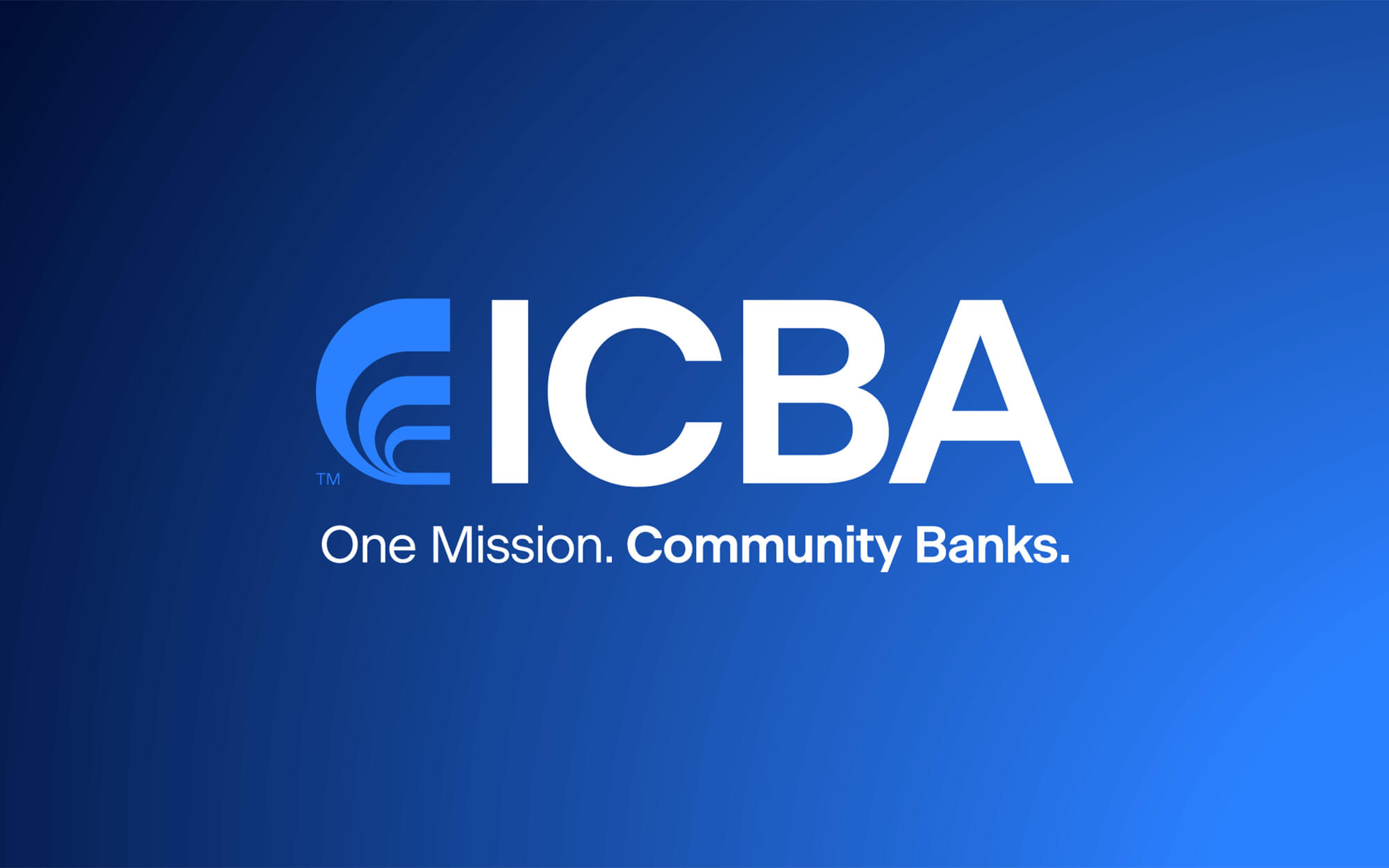ICBA continued pushing back against a National Credit Union Administration proposal that would allow the largest and most complex credit unions to issue subordinated debt as an alternative form of capital.
In a comment letter, ICBA said increased leverage and lending inexperience amid a low-rate environment is a recipe for disaster for an industry that continues to push the envelope on acceptable business models with an out-of-control growth trajectory.
Under the proposed rule, which ICBA has called on the NCUA to withdraw, the subordinated debt instruments would count toward qualifying credit unions’ risk-based net-worth requirement. While low-income credit unions are currently permitted to issue subordinated debt, the proposal would add an additional 285 complex credit unions representing $730 billion in assets.
ICBA noted that the proposal itself describes credit unions previously using secondary capital irresponsibly, including poor due diligence, inadequate cost-benefit analysis, premature and excessive concentrations, and lack of responsiveness to mounting losses.
The NCUA voted in January to propose the plan after introducing an advance notice nearly three years prior. In a 2017 comment letter, ICBA said the plan would put the financial system and taxpayers at increased risk merely to expand the activities of credit unions beyond the limits justified by their tax exemption.







